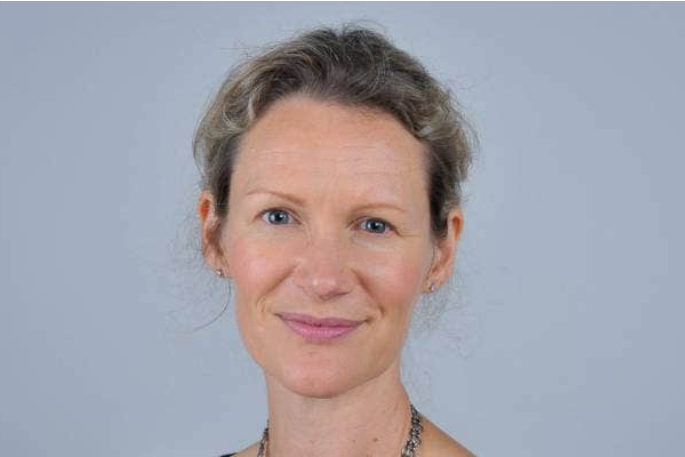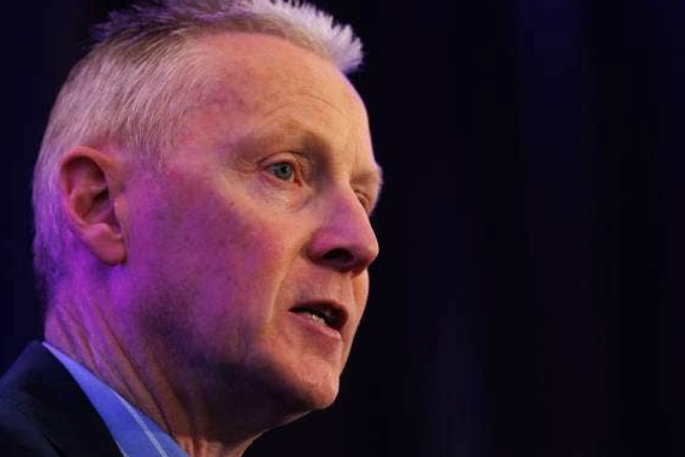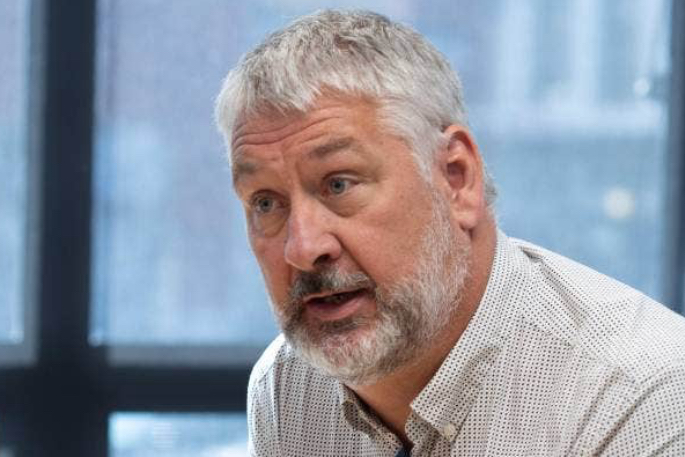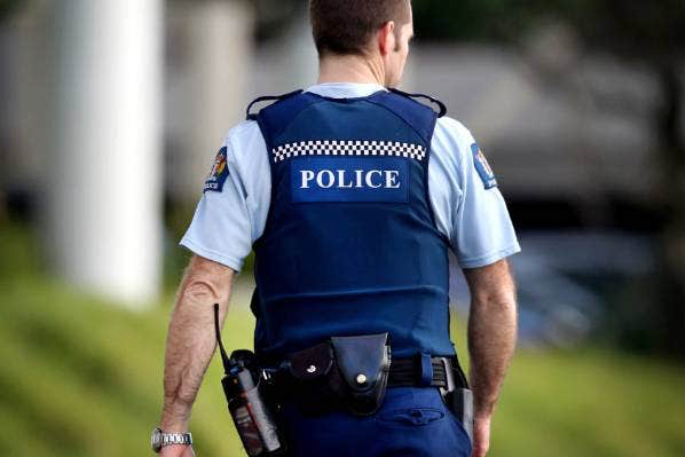When a person in mental distress calls 111 for help, they may be surprised to find the New Zealand Police is the organisation that responds.
Mental health advocates say having a police officer turn up is not ideal for people taking the big step of reaching out.
And police officers say they would prefer not to be the lead agency.
Mental health responses make up a large chunk of their day-to-day callouts.
However a new response model is being trialled, with promising results to date.
In 2019, Cabinet instructed the police, health and social sector agencies to “jointly” develop a plan, to transition from a police-led response to a multi-agency response in the next five years.
The multi-agency response aimed to provide more suitable support and help, by sending the most appropriate agencies to an incident.
Co-response teams are currently being trialled across six areas: Counties Manukau, Waitematā (Eastern), Taranaki, Wellington, Hamilton City and Dunedin metro.
The trial co-response teams include a paramedic, a police officer and a mental health officer.
Together they attend a mental health callout and between them work out what skills or personnel are appropriate for that particular incident.
Otago University head of the department of psychological medicine and investigator in the Wellington Mental Health Co-Response Team Evaluation, Dr Susanna Every-Palmer, says the benefits would be transferable to different areas around the country.
However, it was important that each region evaluate how a co-response team would work for them, as different communities could need a different way of delivering the service, she says.
 University of Otago head of the Department of Psychological Medicine Dr Susanna Every-Palmer, has been one of the investigators assessing the new response model. Photo supplied.
University of Otago head of the Department of Psychological Medicine Dr Susanna Every-Palmer, has been one of the investigators assessing the new response model. Photo supplied.
Susanna says there had been a “positive” response to co-response teams and “people were able to offer a better, more personalised service”.
One thing that stood out from the Wellington trial was how much people valued having a paramedic present, Susanna says.
“From our research, we found that the paramedic was highly appreciated and that sometimes they could connect with people in a way that police officers and mental health professionals couldn’t do.”
NZ Police Association president of the Chris Cahill, says police officers in the trials spent 30 per cent less time at mental health incidents – a “big change” for resourcing at the police departments.
Between January 1, 2018, and October 1, 2023, police attended 199,425 mental health and suicide-related events nationally.
For regional police stations, that was a large number of callouts over a five-year period: 10,193 in Manawatū, 6,255 in Taranaki, 4587 in Southland, 2414 in Nelson, 2413 in Marlborough, and 1168 in Timaru.
 Police Association president Chris Cahill says mental health patients should not be treated like criminals. Robert Kitchin/ Stuff.
Police Association president Chris Cahill says mental health patients should not be treated like criminals. Robert Kitchin/ Stuff.
A co-response approach to mental health callouts would be a “vast improvement” on how the calls were dealt with now, Chris says.
“We’re very proud of the model.”
However the association would like to see a response model that did not include the police, Chris says.
The co-response model was originally in place under a National government, prior to 2017.
“When Labour came to power, they scrapped it, which we have always been very disappointed over, because we’re supportive of the model.”
However, he says there was a clear view that people suffering with their mental health deserved to be helped by experts in the health field.
“They’re not criminals ... this isn’t a police role, it’s a health role, and police should only be involved when there’s risk of injury to people concerned.”
Alister Rose, a retired police officer and paramedic, says the organisation’s members found that police officers weren’t “well-consulted” about the problems they faced when dealing with mental health issues in the community.
Alister is the managing director of Hatikvah: Blue Hope Foundation, an independent organisation that helped to improve the health, safety and wellbeing of current and retired police officers.
“That’s an old-fashioned system, using police, when you don’t have police in any of the mental homes around New Zealand,” Alister says.
 Allister Rose is a former police officer and managing director of Hatikvah: Blue Hope Foundation, says police don’t want to deal with mental health callouts. Photo supplied.
Allister Rose is a former police officer and managing director of Hatikvah: Blue Hope Foundation, says police don’t want to deal with mental health callouts. Photo supplied.
He says in his experience, health departments needed to “own” the issue, rather than police.
That was a sentiment shared by Mental Health Foundation of New Zealand chief executive Shaun Robinson in his letter supporting a national rollout of alternative responses to community mental health to the Minister of Health at the time, Andrew Little.
Shaun says the MHF had long supported mental health responses where police presence was the exception rather than the rule.
He says police were not “usually best-placed” to respond to those in crisis, as their involvement could represent a “coercive pathway into care”.



0 comments
Leave a Comment
You must be logged in to make a comment.